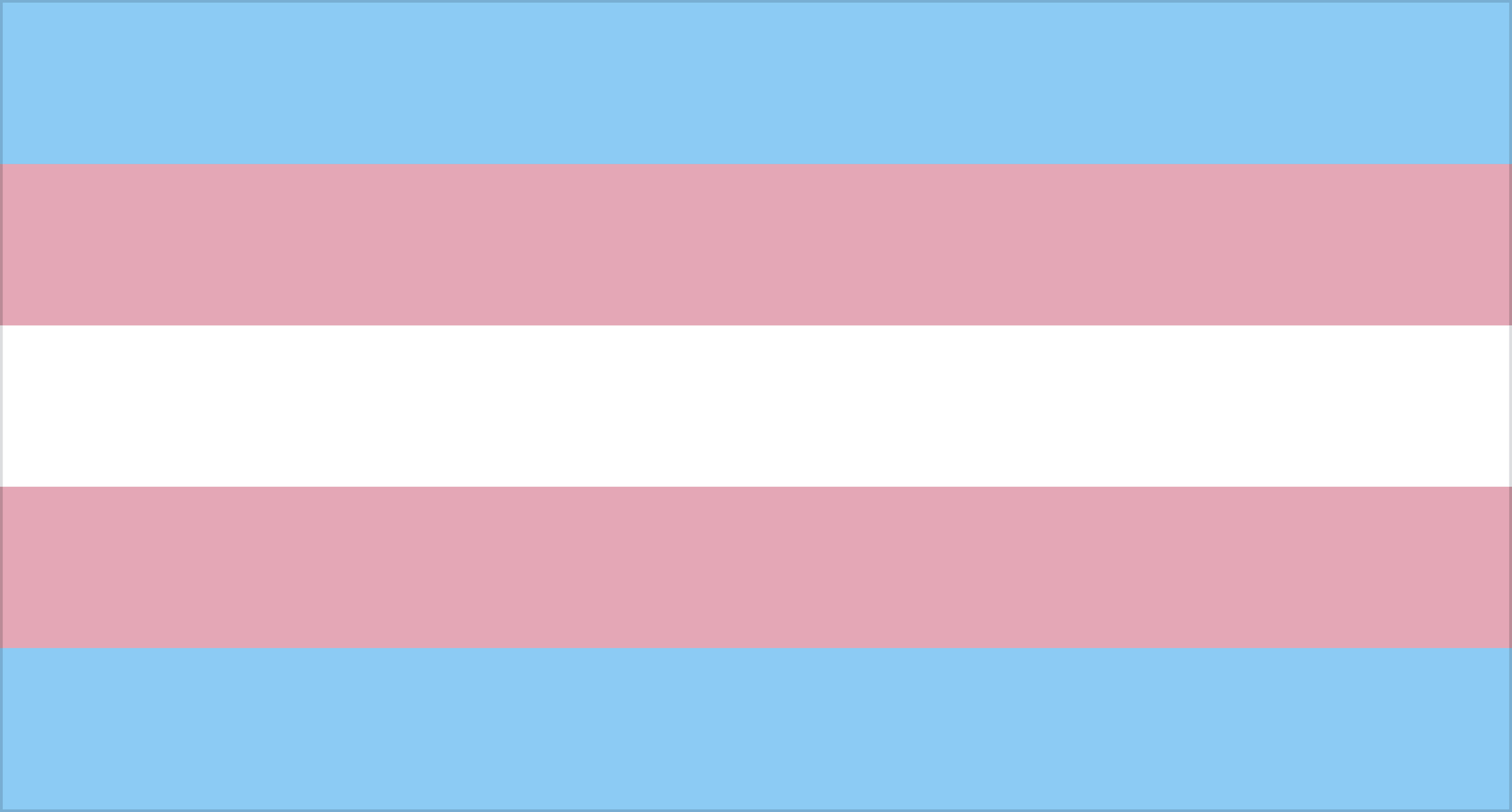International Transgender Day of Visibility 2025
International Transgender Day of Visibility (TDoV) is celebrated annually on 31 March and exists to shine a spotlight on trans and gender non-conforming people around the globe.

What is International Transgender Day of Visibility?
Founded by Rachel Crandall-Crocker, a Michigan-based psychotherapist, TDoV was created as a day to visibly celebrate being transgender, to centre positive and realistic representation and also for allies to show their support for the transgender community.
Rachel Crandall-Crocker has said: “I was upset that the only day that we had was Transgender Day of Remembrance, because I tend to get really depressed on that day. I wanted a day when, rather than talking about those who passed away, we could talk about those of us who were alive. And I wanted a day that would bring together trans people from all over the world.”
TDoV is a day that recognises the achievements of trans, non-binary and gender non-conforming people, as well as raising awareness of the issues this diverse community continues to face, including combating increasing transphobia, as well as discrimination, bullying and harassment.
Queen Mary’s commitment to our trans community
At Queen Mary we are committed to creating an inclusive environment where everyone can be themselves and be treated with kindness, dignity and respect and where the contributions of our trans, non-binary and gender non-conforming staff and students are celebrated.
Queen Mary’s Trans Inclusion Statement of Commitment lays out the University’s balanced approach and position to trans inclusion. As well as synthesising our legal duties it further incorporates our Values (Inclusive, Proud, Ambitious, Collegial, Ethical).
What can our community do to celebrate TDoV?
Learn about what we mean by the term trans.
Trans is an umbrella term that describes people whose gender identity does not align with the sex they were assigned at birth. For example, a trans woman could be a person who was assigned male at birth but identifies as a woman.
This umbrella definition includes people who identify as non-binary (those whose gender identity doesn’t sit comfortably with the binary of ‘man’ or ‘woman’), genderqueer, genderfluid and agender.
Gender identity is a person’s internal sense of their own gender, which may or may not align with the sex they were assigned at birth.
Transitioning refers to the steps a trans person may take to live fully in their gender identity, whatever that means to them. Everybody’s transition is different. Transitioning can include:
- Social transition (e.g. changes in name, pronouns, presentation)
- Legal transition (e.g. changing legal name and gender)
- Medical transition (e.g. taking hormones and/or having 'top' and / or 'bottom' surgery to change your body).
Not everybody will do all or any of the steps above, but that does not invalidate their gender.
You can find out more by reading our LGBTQIA+ Glossary of Terms.
Listen to trans, non-binary and gender non-conforming voices telling their own stories
This is one of the most important things you can do to find out more about the community and to learn about their history. In February 2025, Queen Mary marked LGBTQIA+ History Month and published a list of Media Recommendations, including books and podcasts. Library Services also have several LGBTQIA+ reading lists to explore. Many of these recommendations include lived experiences of trans people and are a great place to start.
What can you do to support the trans community at Queen Mary?
Challenging transphobia and being a trans ally.
Transphobia is unlawful prejudice against trans people, it may be realised through acts of discrimination, bullying and harassment. If you experience or witness transphobia, you can report it (anonymously if you like) and / or access support through the Queen Mary Report + Support tool.
The Queen Mary Bystander is a colleague who is equipped and confident to challenge unacceptable behaviour, encouraging inclusivity and collegiality in everything we do. Behaviours like bullying, intimidation, and sexual harassment contribute to a toxic working culture; intervening helps us to build a more positive workplace.
Find out more about bystander intervention tools for acting on unacceptable behaviour.
You can also:
- Read and share our Being a Trans Ally leaflet: find out what we mean by ‘trans’ and what you can do to be a trans ally
- Read and share our #PronounsMatter leaflet: find out what pronouns are, how to use them, and why they matter as well as how you can show your support for gender diverse staff and students.
- Access a Gender Neutral toilet map of Mile End campus
Internal Resources and Support
- QMSU LGBT+ Society and LGBT+ Society (Whitechapel) provide a space for all members and allies of the student LGBTQ community at Queen Mary
- Student Support Officer
- Advice and Counselling Service
- Togetherall
External Resources
An LGBTQ+ anti-violence charity, providing support services relating to hate crime, domestic abuse and sexual violence.
Gender Identity Research & Education Society (GIRES)
Works to improve the lives of trans and gender non-conforming people of all ages.
A charity aiming to increase understanding of gender diversity, specialising in supporting young trans people under 21.
Supports trans and gender-diverse children, young people and their families.
PFC is a key lobbying and legal support organisation for Trans people in the UK.
LGBTQIA+ helpline: provides information, support and referral service for LGBTQ+ and their friends, parents or family.
A trans-led voluntary organisation that works with trans people to explore feelings and decisions around bodies, sexual health and intimacy.
A comprehensive resource for people in the UK searching for support in the transgender community.